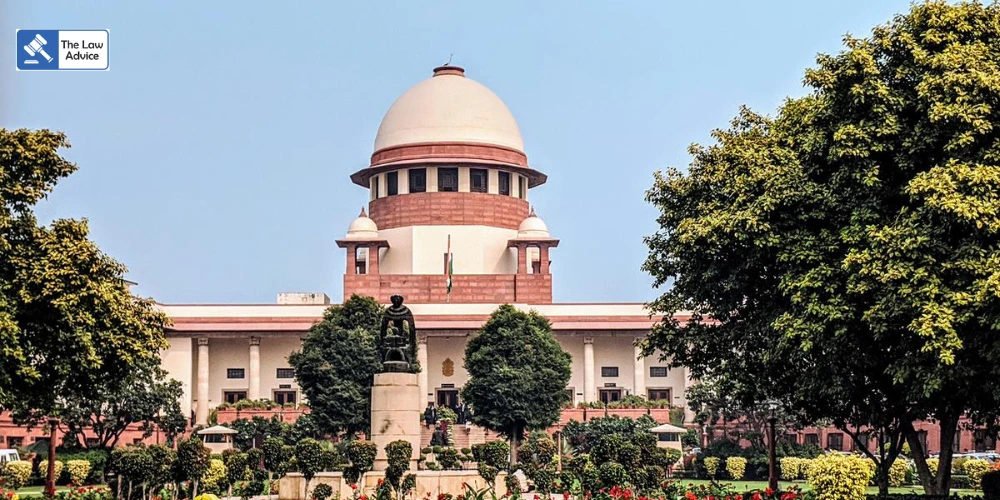New Delhi | August 2025
In a move that once again highlights the complex intersection between gender justice and political accountability, the Supreme Court of India on Friday allowed a public interest litigation (PIL) to be withdrawn, which sought to bring political parties under the ambit of the POSH Act (Sexual Harassment of Women at Workplace Act, 2013).
The petitioner, Advocate Yogamaya M.G., who filed the plea seeking institutional safeguards for women engaged in political work, now plans to challenge an earlier Kerala High Court judgment that excluded political parties from the law’s scope.
A Bench of Chief Justice B.R. Gavai and Justice K. Vinod Chandran heard the matter and noted that while the issue is serious, the judiciary cannot substitute legislative will.
“You must invite Parliament, especially women MPs, to move a private member’s bill. This is a policy decision, not something for courts to enforce,” observed CJI Gavai, urging the petitioner to pursue appropriate legal and legislative remedies.
In 2022, the Kerala High Court ruled that political parties do not fall under the definition of “workplace” under the POSH Act. The Court had reasoned that volunteers and workers in political spaces do not have a typical employee-employer relationship with the party, hence ICCs (Internal Complaints Committees) were not legally required.
This judgment drew criticism from gender rights advocates, especially given the increasing number of women participating in political campaigning, party operations, and volunteer coordination often in hierarchical, unregulated environments.
Advocate Yogamaya argued that political parties are public institutions, often engaging thousands of women in structured, sometimes coercive, work environments. The lack of redressal mechanisms such as ICCs violates the very spirit of the POSH Act.
She had previously approached the Election Commission of India, following an earlier direction from the Supreme Court, but no action was taken. The current petition was filed as a constitutional challenge to the existing legal gap, with a direct request to bring political parties under statutory obligation to prevent sexual harassment.
The Supreme Court, while permitting withdrawal of the PIL, allowed the petitioner to challenge the Kerala High Court decision separately. This means the door remains open for judicial review just not via this route.
• Gender Justice in Politics: Political parties are some of the few structured institutions where workplace protections for women are virtually absent.
• Need for Legislative Reform: The Court’s stand reflects a broader concern about judicial overreach—but simultaneously points toward legislative inertia.
• Policy vs. Protection: While the law currently defines “workplace” narrowly, evolving political participation may soon demand a relook at those boundaries.
Case Title Yogamaya M.G. vs Union of India & Ors.
